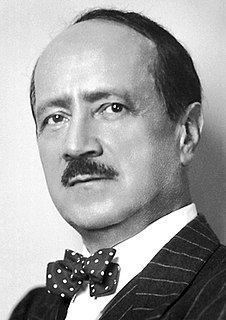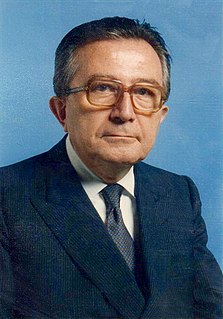A Quote by Saint-John Perse
It is enough for a poet to be the guilty conscience of his age.
Quote Topics
Related Quotes
It is necessary for us to explain the involuntary repugnance we possess for the nature and personality of the Jews. The Jews have never produced a true poet. Heinrich Heine reached the point where he duped himself into a poet, and was rewarded by his versified lies being set to music by our own composers. He was the conscience of Judaism, just as Judaism is the evil conscience of our modern civilization.
Public opinion contains all kinds of falsity and truth, but it takes a great man to find the truth in it. The great man of the age is the one who can put into words the will of his age, tell his age what its will is, and accomplish it. What he does is the heart and the essence of his age, he actualizes his age. The man who lacks sense enough to despise public opinion expressed in gossip will never do anything great.
One of the appeals of William Carlos Williams to me is that he was many different kinds of poet. He tried out many different forms in his own way of, more or less, formlessness. He was also a poet who could be - he was a love poet, he was a poet of the natural order and he was also a political poet.
There is just as much evil in all of us as there is good. We're all continuously guilty, even if we're not doing it intentionally to be evil. Here we are sitting in luxury hotels, living it up on the the backs of others in the third world. We all have a guilty conscience, but we do very little about it.
What is a great man who has made his mark upon history? Every time, if we think far enough, he is a man who has looked through the confusion of the moment and has seen the moral issue involved; he is a man who has refused to have his sense of justice distorted; he has listened to his conscience until conscience becomes a trumpet call to like-minded men, so that they gather about him, and together, with mutual purpose and mutual aid, they make a new period in history.








































